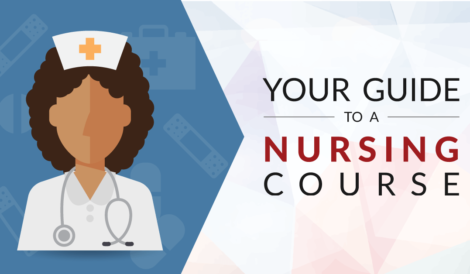Key Differences Between ANM and GNM Courses: Which Should You Choose?
When aspiring to build a career in nursing, choosing the right program is crucial. Among the most popular options in India are the Auxiliary Nursing and Midwifery (ANM) and General Nursing and Midwifery (GNM) courses. Both paths offer excellent opportunities in the healthcare sector, but they differ in terms of duration, curriculum, career prospects, and eligibility. Understanding these differences can help you make an informed decision about which course aligns best with your goals.
1. Overview of ANM and GNM Courses
ANM (Auxiliary Nursing and Midwifery):
The ANM course is designed to provide basic knowledge in nursing and midwifery. It primarily focuses on maternal and child healthcare in rural and urban communities. The course duration is typically 2 years, including a 6-month internship. It equips students with the skills to assist in emergency healthcare, maternity care, and community health programs.
GNM (General Nursing and Midwifery):
The GNM course is a more extensive program aimed at producing skilled general nurses capable of handling various healthcare settings. The course spans 3.5 years, including a 6-month internship. GNM graduates are trained in patient care, clinical practices, community health, and midwifery, with a broader curriculum compared to ANM.
2. Eligibility Criteria
The eligibility requirements for both courses have some key differences:
- ANM Eligibility: Candidates must have completed their 10+2 in any stream, with a preference for those with a science background. The minimum age requirement is typically 17 years.
- GNM Eligibility: Candidates must have completed their 10+2 with a science stream, preferably including Biology, Physics, and Chemistry. The minimum age requirement is usually 17 years, and many institutes give preference to those who have studied science in their higher secondary education.
3. Curriculum and Skill Development
- ANM Curriculum: The ANM course focuses on foundational nursing skills, maternal and child health, and basic community healthcare. Students are trained in primary patient care, first aid, health education, immunization, and midwifery practices. The course is ideal for those interested in working in community health centers, primary healthcare, or rural health programs.
- GNM Curriculum: The GNM course offers an in-depth understanding of nursing, covering areas like anatomy, physiology, pharmacology, psychology, and surgical nursing. Students gain hands-on experience in clinical settings, hospitals, and community health programs. The GNM curriculum prepares students for roles in hospitals, nursing homes, clinics, and other healthcare institutions.
4. Career Prospects and Scope
- ANM Career Scope: ANM graduates typically work as healthcare assistants, community health workers, or midwives. They often serve in government healthcare schemes, rural health missions, or community health centers. The career progression in this path is relatively straightforward, with limited opportunities for specialization.
- GNM Career Scope: GNM graduates have a wider range of career opportunities. They can work as general nurses in hospitals, clinical supervisors, nursing tutors, or community health specialists. With additional qualifications or experience, GNM nurses can advance to specialized roles like ICU nursing, surgical nursing, or healthcare administration.
5. Which Should You Choose?
The decision between ANM and GNM should be based on your long-term career goals, interests, and academic background. If you aim for a quick entry into the nursing field and prefer working in community healthcare settings, the ANM course is a suitable option. On the other hand, if you seek a broader scope of practice, better career growth, and opportunities in hospitals and clinical settings, the GNM course is the better choice.
Conclusion
Both ANM and GNM programs offer rewarding career paths in nursing, but they cater to different aspirations. ANM focuses on basic nursing and community health, making it ideal for those who want to serve in primary healthcare. Carefully consider your interests and career goals before making your choice.




